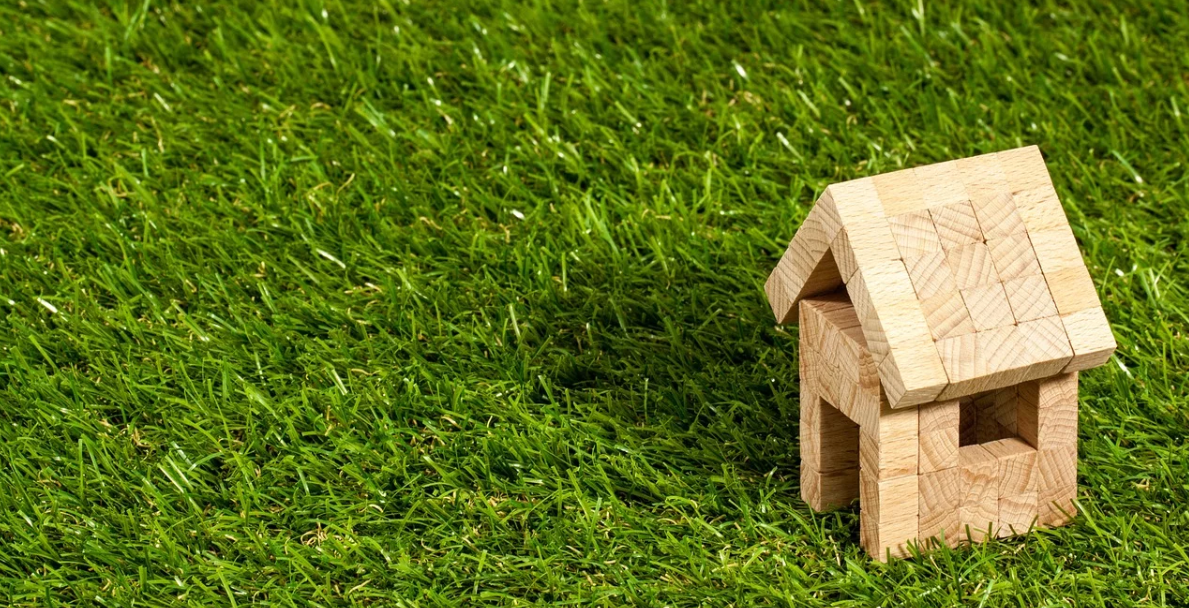Buying a home is one of the biggest financial moves most people make in their lives. While it helps many people to advance financially over the long run, it can hold back many others.
Homeownership is not automatically a good thing. People can get in over their heads and then get stuck. It’s important to understand the benefits of homeownership and how to limit some of its drawbacks.
Advantages of Homeownership
Buying a home is generally a solid way to preserve wealth.
Unlike renting, homeowners build equity in the building as they pay down their mortgages. Homeowners can also benefit from property appreciation, whereas renters often see their rents grow over time. Homeowners can also borrow against their equity with a home equity loan or HELOC. There are also many tax advantages to owning your home among other benefits.
For a detailed comparison between renting and buying a home, check out this article!
You can also house-hack and turn your home into an income producing asset. House-hacking is where you rent out an extra room (or another unit if you buy a multi-unit) to cover some or all your housing expenses. This can allow you to build wealth even quicker by expanding your monthly income.
Perhaps most importantly, you can buy a home with some of the best financing options available in any industry. More on that below.
Cheap Financing is (Usually) Great
Typically, owner-occupied financing is very cheap debt. With some of the lowest interest rates available for any debt, real estate loans can allow you to afford a lot more home than you might otherwise be able to. More importantly, they allow you to leverage your money and create larger returns on your investment over the long haul.
Cheap financing, when used properly, can be super helpful for advancing financially. But it is dangerous as well.
Too Much Financing Can Hamstring Your Progress Everywhere Else
Being able to buy a home with comparatively low interest rates is powerful, but it can be devastating for some people. Cheap available debt can make it very easy to bite off more than you can chew.
Not only is there a risk of foreclosure when you cannot meet housing payments, there is a massive opportunity cost. If your monthly mortgage payment is, say, 40 percent of your income, only a small percentage of that will be going to building equity in the home for many years. With so much money tied up in meeting housing payments, you are less flexible to pursue other investments. Compound this over years and will likely fall behind financially and feel trapped in meeting the constant housing payments.
Of course, you can mitigate this through house-hacking and increasing your income. But not every home is suitable for house-hacking.
From an investment perspective, you are probably better off focusing on building equity in income producing properties rather than relying on your home. Even if you build a lot of equity in your home, your first choice probably wouldn’t be to sell it. It’s where you live, after all. On the other hand, selling your rental holdings would not mean that you’d have to pick up your things and move.
The higher your home’s mortgage payment (or rent, for that matter) the less flexible you will be. Even if the bank says you can afford a really big mortgage, consider the consequences of “maxing out.”
Leave Yourself Some Room
The best strategy to avoid tying yourself down is to buy a home well below your means.
Either way, real estate can be difficult to sell quickly without taking a big loss. Relying on the sales price is dangerous. In hard times, if you need to downsize quickly, you should be ready to move somewhere else and rent out your home.
Ideally, you should aim to buy a home that would make a suitable rental property. You at least want it to break even should you have to rent it out. If your home is super expensive and the mortgage payment is very high, it can be difficult to rent it at the price you would need to break even. Of course, being able to rent out your property for the price that you want is never a guarantee, but it’s best to at least have that option open.
To quickly analyze properties’ rental metrics, download this FREE real estate metrics spreadsheet!
In short, even if you can afford a $500,000 mortgage, strongly consider going for a smaller home with a $300,000 mortgage instead. The thousands you will save each year will keep you flexible. You will likely be able to rent it out more easily as well should worse come to worst. Your home should not be what blocks you from achieving your other goals.
Conclusion
Homeownership has many benefits. However, buying something too expensive, even with low-interest rate debt, can really hurt your financial progress.
Really, your home should not be your primary investment plan. If your home is your primary source of wealth, it can leave you with some very tough decisions to make in bad times. Give yourself more room and flexibility by buying below your means and not maxing out your debt just to get marginal improvements on your home.


